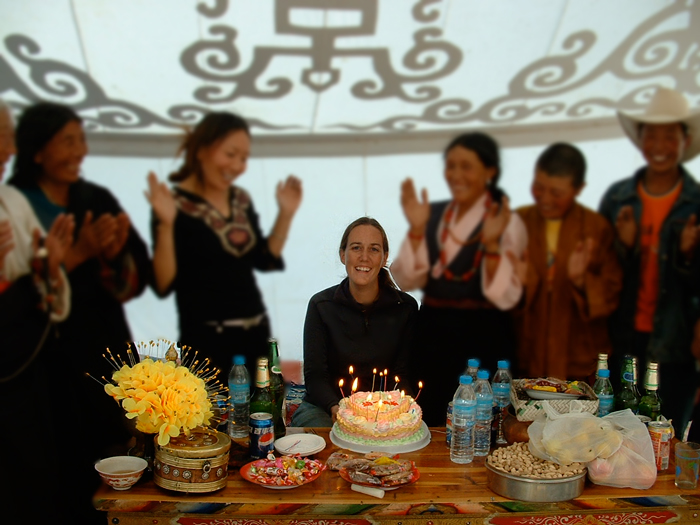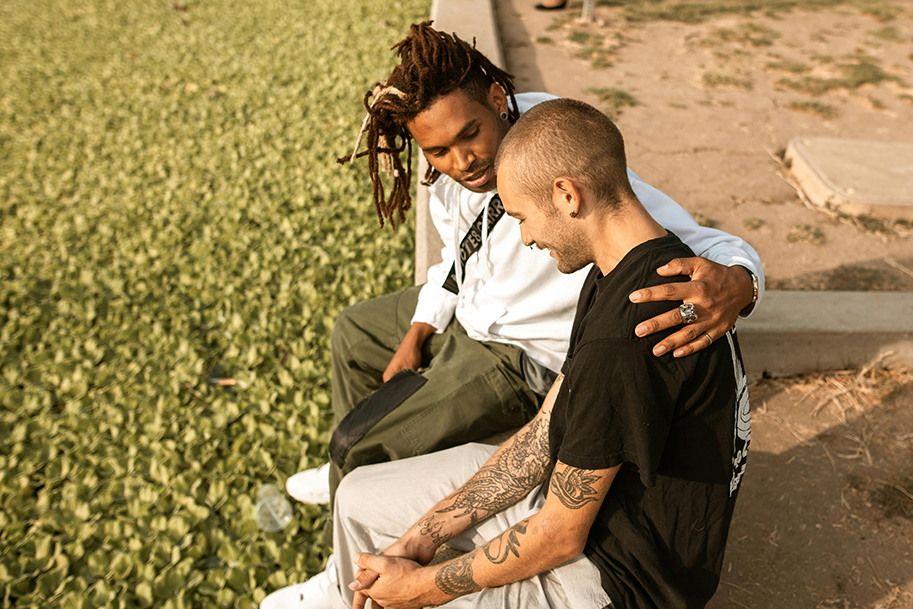
Missionary Life
What Life on the Mission Field is Really Like
August 11, 2016
by Deb Wyss

They arrived on our doorstep in East Asia, travel weary, hungry and tired. Of course, we had no warning that they were coming, and as I got their beds ready in our tiny home, I wondered how long our houseguests would stay. They had journeyed two days down the mountain to get here, and I knew a short stay was probably not what they had in mind. As I scrambled to get a hearty meal ready for our guests, I tried to prepare myself emotionally to live in their story for the next while.
About a year earlier, their 1-year-old baby girl had fallen and gotten slightly hurt, but then she became sick. And sicker. And sicker. By the time they reached the hospital, it was too late. Infection had set in, and their baby’s brain received the brunt of it.
The question of the future was always bubbling underneath the surface for this family. What would life look like for this precious little girl? Would she walk? Would she talk? They began taking trips back and forth from the village to the city to try new medicines, to search for hope when it seemed there was none to be found.
The hospital was an unpleasant place to be. Too many sick people in too small spaces. Beds lined the hallways, fitting people in every square inch of the building. The bathrooms were unkept, the floors were dirty and a there was a vile smell.
I felt for them. Anyone could see that it was a terrible situation. Anyone would have sympathy for them and want to help.
But then, a year later, I had a baby girl.
And slowly, I watched my baby girl get sicker. And sicker. And sicker. Soon I was back in those same hospitals, searching for my answers — trying different medicines, trying to make my baby well. Would my baby walk? Would my baby talk?
I was one of them.
I first arrived on the mission field as a 24-year-old, single woman. Boarding a plane alone after saying goodbye to 100 percent of the people you care about is no easy task. To then arrive on the other side of the world, in a confusing place full of people you’ve never seen before, is a strange and vulnerable feeling.
I remember knocking on my neighbor’s door and praying that God would provide a connection for me. That neighbor became my first real friend and a key link for me in a huge community of people who had never heard about Jesus.
When she invited me to travel with her to her home village, I could say yes immediately. All of my time was my own. I had energy and time and opportunity. These were all gifts of being single. Piling into the van in the middle of the night, in the dead of winter, for a 24-hour journey, smushed in between nomads, I felt an interesting sense of belonging.
I was one of them.
And then I fell in love with Ryan, a Wisconsin boy with a heart that loved Jesus and a call to the same people I was serving. With two more years of experience on the field than me, I respected the way he had diligently and genuinely embraced the people for the sake of Christ.
Three years after I arrived as a single woman on the mission field, I became a wife on the mission field. Skipping off to the hills at a moment’s notice just didn’t quite work.
But feeling less flexible wasn’t all bad. Ryan and I watched our home change into, well, more of a home. We became the hot spot for our friends to enjoy a warm meal, a holiday or a serious discussion. We were all moving into adulthood, and with it came responsibilities and cares and big decisions. We were moving through life’s milestones, together.
I was one of them.
Three years after we were married, our first child arrived on the mission field. All of a sudden, there was no time for anything other than existing. Housework quadrupled overnight. Hours of my day were spent preparing milk, making baby food and hanging up a million itty-bitty clothes outside of my kitchen window to dry.
I struggled with a huge sense of failure as I grudgingly accepted the idea of bringing in a house helper to live in our space and help me tackle the simple tasks of the day. I just couldn’t do it on my own.
Dependence was a negative thing in my mind, but after having a child, and specifically a child with special needs, dependence became the only way to survive. And over time, by God’s gentle leading, I learned to see the beauty in this system of dependence and community that is God-ordained and just plain good.
I really struggled with being the one to ask for help. I (wrongly) saw my role as a missionary as being the one to help others in this foreign land, but that is just not the way life works. Being needed and needing someone are both legitimate and necessary experiences of life’s journey.
I was one of them.
Single, married, mother. What all of these stages of life on the mission field do have in common is that they are full of moments. And sharing those moments with those around you is significant.
My offering to the mission field was to be a real human who experiences life just like everyone else, but with my eyes fixed on Jesus.
Jesus stepped down into our world and lived a life. Jesus and his disciples walked side-by-side down dusty roads together. Jesus washed their feet. His disciples saw him in agony. Jesus asked for their support. They shared meals together. He imparted words of life.
Life on the mission field is about putting one foot in front of the other alongside the lost, speaking along the way of the reason for the hope that is in you. Letting others into my space, into my world, into my hurts, joys and into my everyday toil as I cling to Jesus is a tender but life-giving place to be.
Jesus was one of us. I am one of them.

